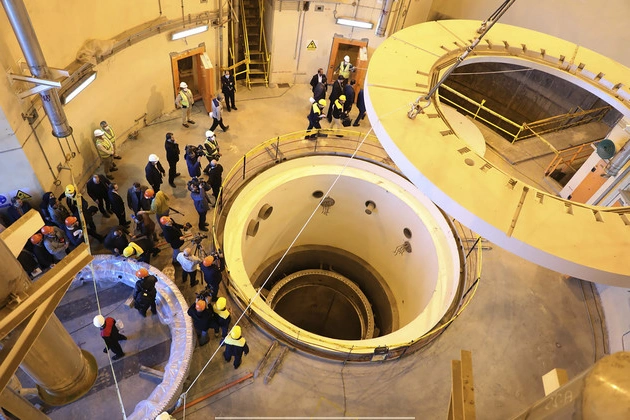
Introduction
Israel’s recent attack on Iran’s Arak heavy water reactor, as reported by Iranian state television, has sparked renewed tensions in the region. This article delves into the details of the incident, the background of the Arak reactor, and the broader implications of such actions.
The Attack and Fallout
The assault on the Arak reactor, accompanied by warnings and evacuations, underscores the escalating conflict between Israel and Iran. The targeted strikes have not only raised concerns about nuclear proliferation but also led to casualties on both sides.
International Response and Concerns
The International Atomic Energy Agency (IAEA) has been closely monitoring the situation, urging restraint and emphasizing the need for dialogue. The IAEA’s role in verifying Iran’s compliance with nuclear agreements has come under scrutiny amid the escalating hostilities.
Implications for the Nuclear Deal
The 2015 nuclear deal, which aimed to limit Iran’s nuclear activities in exchange for sanctions relief, faces renewed challenges. The attack on the Arak reactor and the subsequent fallout could impact the future of the agreement and global efforts to prevent nuclear proliferation.
Looking Ahead
As tensions persist and the situation remains fluid, it is crucial for all parties involved to prioritize dialogue and diplomacy. The repercussions of the Arak reactor attack extend beyond regional dynamics, highlighting the complex interplay of geopolitics, nuclear security, and international relations.











